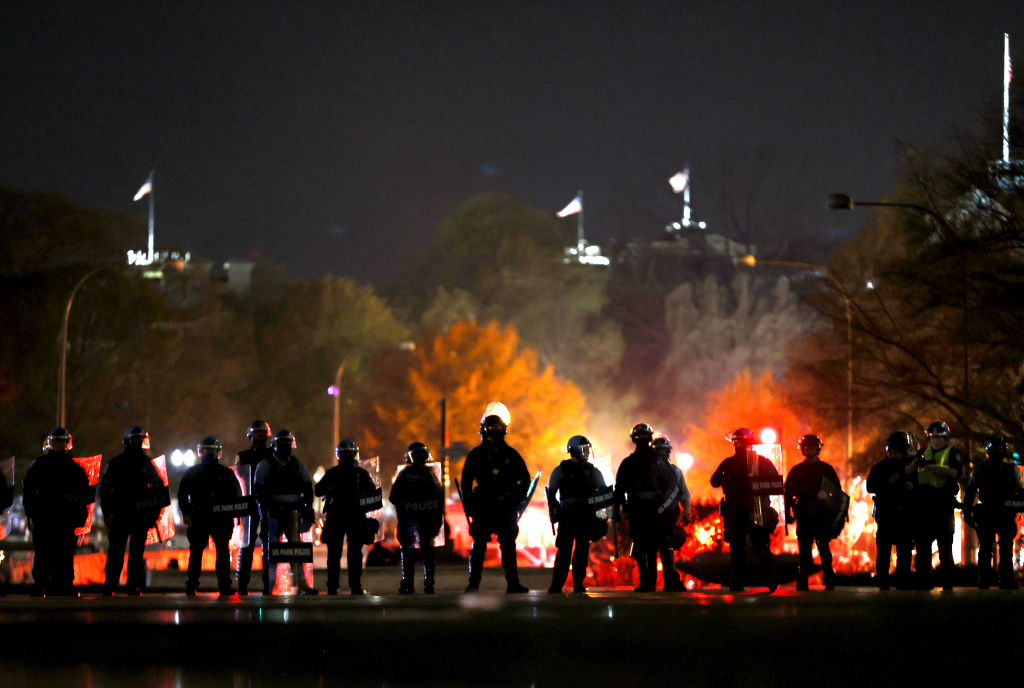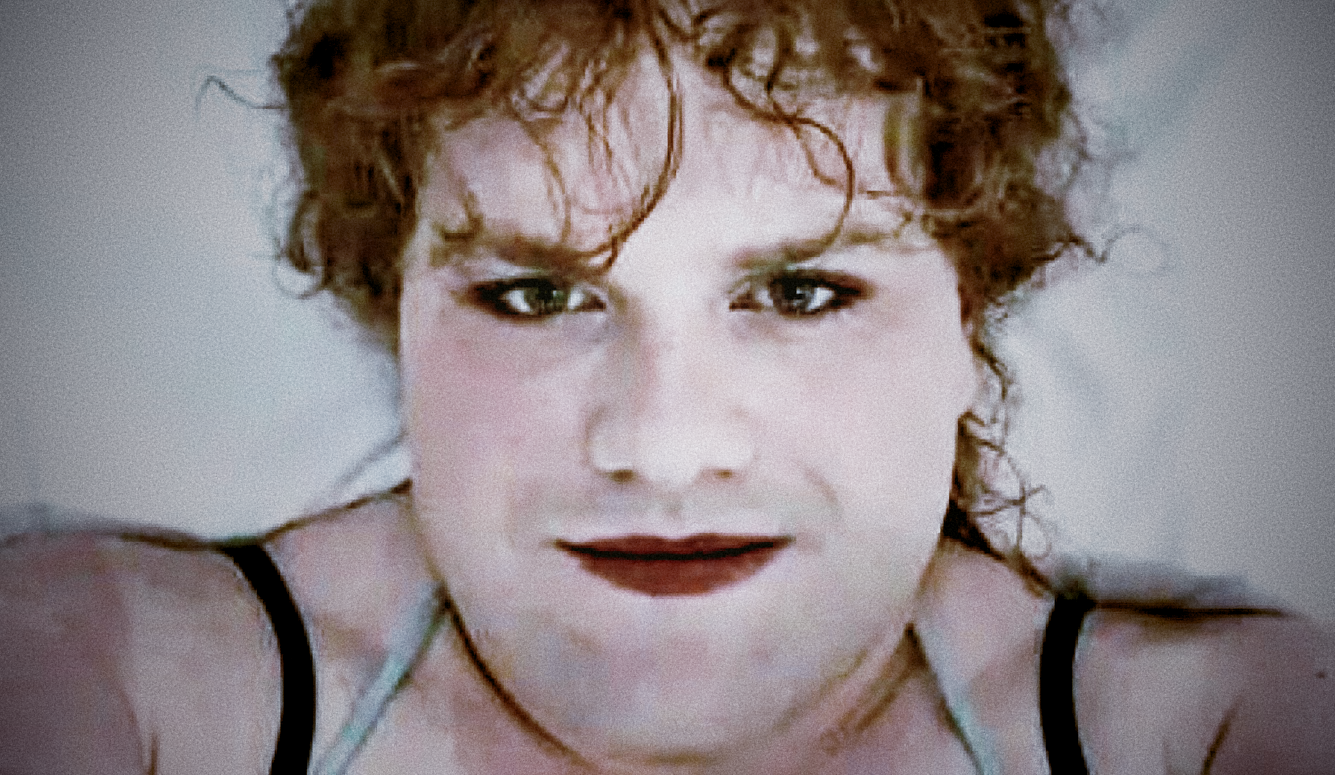BLM
The Battle over American "Carnage"
If it is important to show commonalities in black and white life in America, are we succeeding in doing so?

Referring in his Inaugural Address to the crime and gangs plaguing American cities, President Trump declared that “This American Carnage stops right here and stops right now.” How should we understand this statement?
Anguished responses to Trump have flooded in. Slate Chief Political Correspondent Jamelle Bowie writes that “`[T]here is no broad `American Carnage.’” That notion is a “fantasy” whose purpose is “to demonize groups and protest movements organized around police reform.” Bowie goes on to report that violent crime has generally gone way down in the United States, although the murder rate rose 17% in the 50 biggest cities in 2015, with the greatest increases recorded in Baltimore, Chicago, and Washington, D,C,. In historical terms, Bowie concludes, “American cities are safer now that at any point since the 1960s.”
A New York Times article describes an irenic environment for many black residents of Philadelphia. “Our streets are always clean,” reports one of these, “Our neighbors in our community, we know each other, and we get along. . . We got backyards, man. We go outside in our backyards and play. We go swimming, We got ballet lessons. We grew up playing instruments. We’re doing the same things that most people do in the country.” In a high-crime part of town, another resident with “earbuds in her ear” and carrying an iPhone in a colorful case asks, “Why would it be scary when we know each other?”
A few brief comments. While we do not know what parts of our cities President Trump was referring to, his comments accurately describe circumstances in at least some quarters. President Obama has himself acknowledged as “absolutely true that the murder rate in the African-American community is way out of whack compared to the general population, and both the victims and perpetrators are black, black young men.” High crime rates, it should be added, were a problem long before the protests of the last few years.
On the other side, the reassuring language quoted above seems to be an assertion of personal and community dignity. It cannot but gall the many African Americans who have found a comfortable space for themselves to hear a (white) President suggest that they are not leading full, rich, and honest lives. If the President is mostly right about black life in the cities, it would leave crushingly little hope for many in the black community to enter the mainstream.
If it is important to show commonalities in black and white life in America, are we succeeding in doing so?
Here is Ta-Nehisi Coates’ horror story about his early life in Baltimore in the 1970s. To be black, then, was “to be naked, before the elements of the world, before all the guns, fists, knives, crack, rape and disease. The law did not protect us.” His memories of the time, he says, are filled with murder: “I remember being amazed that death could so easily rise up from the nothing of a boyish afternoon, billow up like fog.” In this setting, every day brought a “series of trick questions, and every incorrect answer risk[ed] a beat-down , a shooting, or a pregnancy.”
One might respond that this was the 1970s, not now. But Coates’ scope is clearly longitudinal. Nothing in his work suggests that the contemporary world is any different. Indeed, the power of his work lies precisely in its “presentness.”

This brings us right to the heart of the problem addressed here, Coates’ influence. Coates is a winner of the National Book Award, the most prestigious literary prize America offers. He has also been honored with a MacArthur (“genius”) award. No one will deny his seriousness of purpose or his talent. He tells his personal story terrifyingly well. The question raised here is not so much about Coates as about the administrators for the accolades in question. Coates is a memoirist but, in drawing sweeping portraits of unremitting black suffering at the hands of whites, he also purports to speak sociologically for the larger black community. Query: Should telling one side of an important story — without at least some engagement with the other — qualify a writer of non-fiction for the honors bestowed on Coates?
Given the leftist tilt of the media and the academy, it should come as no surprise that Coates was so highly honored. Nor, given the “if it bleeds it leads” standard for public attention, can it help but encourage writers seeking to make a name for themselves to sound like Coates and Michelle Alexander (“The New Jim Crow”) on matters large and small.
When complementary views are crowded out, however, we are left with only a lachrymose picture of black history and culture, a phenomenon that sometimes seems rooted in the sad notion that success for some subgroups will be taken to mean that others are not allowed that success. But, as I have suggested elsewhere, if the black community still sees itself as subject to a full court press, it will continue being demoralized, and whites, feeling manipulated, will tend to express that feeling politically. Question: can readers name a single well-received work highlighting the extraordinary political, social, and economic gains in the black community over the last two generations?
Everyone should agree that Americans need to work hard to bring about equality, however defined. The point here is only that, when visions of a healthy black community are not presented, many Americans will continue to be frightened by what they see on the nightly news and on the front pages of our newspapers. Is it any wonder, then, that Donald Trump — whose understanding is limited by the sightlines from Trump Tower, Mar-a-Lago, and now the White House — is less well positioned than most to see how the black community lives?






